detail profile mariano llin c3 a1s
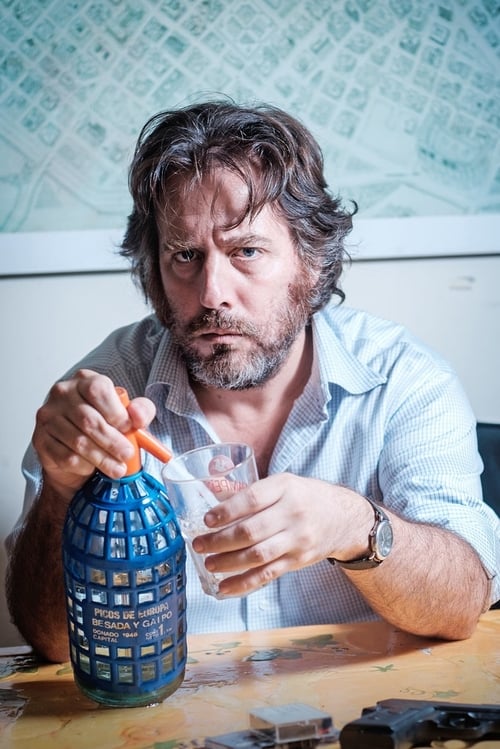
Riwayat Hidup
Mariano LLINÁS (1975, Argentina) is a filmmaker, screenwriter, producer and actor.
His sister is the well-known Argentinian actress Verónica Llinás.
He was educated at the Universidad del Cine in Argentina, where he currently teaches.
In 2002 he became known through his documentary Balnearios.
At IFFR 2017, La Flor (Parte 1)(2016) was the winner of the Hubert Bals Fund Audience Award.
That film, together with La Flor (Parte 2) and La Flor (Parte 3) combine to form Llinás's epic project.
A film with a running time of 14 hours − the longest Argentine film in history.
Info Pribadi
Peran Yang Di Mainkan Mariano Llinás
 The second installment of the adventures...
The second installment of the adventures...Popular tradición de esta tierra 2024
The second installment of the adventures of the Corsini Commando takes us this time to the Pampas plain, where Corsini grew up and forged a vision of the world that would accompany him throughout his life. The result of this excursion is an erratic wandering through the landscapes of the Homeland, its paradoxes and its ghosts: A land dreamed of by a newly arrived foreigner who imagined for himself a gaucho destiny that would never become completely real. Now then: is that not, in the end, the destiny of all things?
 Nothing went as planned what seemed...
Nothing went as planned what seemed...The Miu Miu Affaire 2024
Nothing went as planned: what seemed to be an original idea (taking an international fashion event to a small town in the Argentine Pampas) ended up as a mysterious affair, with a mannequin who seems to have vanished, and who insists on leaving small clues scattered across the immense plains. But nothing seems to be too strange for Commissioner Sirota and her particular method which, this time, includes a clairvoyant, a legendary detective arriving from Santa Rosa and some picturesque “peritas” who choose to work at night, swinging to the rhythm of Ska. In the middle, a disturbing question: Is it a police case they are dealing with, or is someone taking them (the police, the whole town, the Italians – all of us, perhaps) for a fool?
 With the strange disappearance of Laura...
With the strange disappearance of Laura...Trenque Lauquen 2023
With the strange disappearance of Laura, two colleagues, her older boyfriend, Rafael, and Ezequiel, learn of their recent discoveries, which may help them locate her. However, the story is bigger and stranger than they could imagine.
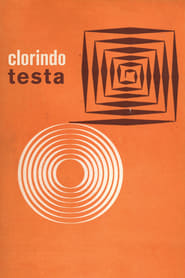 Is this film about Clorindo Testa...
Is this film about Clorindo Testa...Clorindo Testa 2022
Is this film about Clorindo Testa or not? Is it about the life of the director, about the life of his father, about the life of his country, or is it just one of those biographical films that proliferate at film festivals in which the narrator spends his time recounting family anecdotes and pulling old photos out of a box? This small, microscopic adventure, whose subtitle, stolen from the Savoyard Xavier de Maistre, could well be Voyage autour de mon père, navigates between these threats and others even worse.
 Yvan De Wiel a private banker...
Yvan De Wiel a private banker...Azor 2021
Yvan De Wiel, a private banker from Geneva, is going to Argentina in the midst of a dictatorship to replace his partner, the object of the most worrying rumors, who disappeared overnight. Between hushed lounges, swimming pools, and gardens under surveillance, a remote duel takes place between two bankers who, despite different methods, are the accomplices of a discreet and merciless form of colonization.
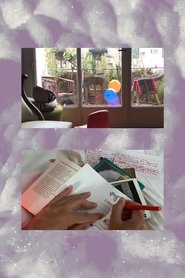 During the quarantine in 2020 the two...
During the quarantine in 2020 the two...Correspondencia Llinás-Piñeiro 2020
During the quarantine in 2020, the two friends Mariano Llinás and Matías Piñeiro sent each other video letters – 8 in total, 4 each of them – to create a compilation of ideas, thoughts and exchanges commissioned by Sergi Álvarez Riosalido for La Casa Encendida (Madrid). Llinás is in Argentina and Piñeiro is in New York, and they begin to order each other portraits of places, reflections on artists, ideas on cinema.
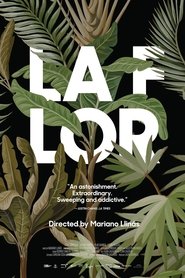 An enormous effort of narrative complexity...
An enormous effort of narrative complexity...La Flor 2019
An enormous effort of narrative complexity made up of six independent, successive stories, connected by the same four actresses living very different experiences in very different universes…
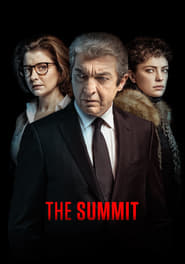 At a summit for Latin American...
At a summit for Latin American...The Summit 2017
At a summit for Latin American presidents in Chile where the region's geopolitical strategies and alliances are in discussion, Argentine president Hernán Blanco endures political and family drama that will force him to face his own demons.
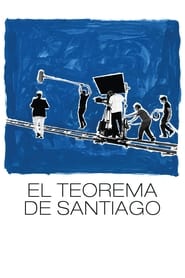 In 1969 Argentine filmmaker Hugo Santiago directed...
In 1969 Argentine filmmaker Hugo Santiago directed...Santiago's Theorem 2016
In 1969 Argentine filmmaker Hugo Santiago directed Invasión, his opera prima, written by Jorge Luis Borges and Adolfo Bioy Casares, and later settled in France. This film documents his return to Buenos Aires in 2013 to shoot his latest film, Le ciel du centaure.
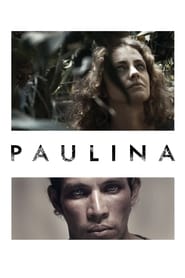 Paulina is a young lawyer with...
Paulina is a young lawyer with...Paulina 2015
Paulina is a young lawyer with a promising career in Buenos Aires, who chooses to go back to her home town. Her father, Fernando, is a well known judge. Against his will, Paulina decides to teach in a suburban high school as part of an inclusion program. One night, after the second week working there, she's brutally assaulted by a gang. With the disapproval of the people around her, she decides to go back to work, in the neighborhood where she was attacked, without realizing that her attackers may be even closer than she thought.
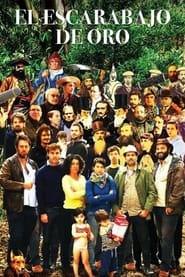 Feminism Victoria Benedictsson Leandro N Alem...
Feminism Victoria Benedictsson Leandro N Alem...The Gold Bug 2014
Feminism, Victoria Benedictsson, Leandro N. Alem, the Radical Party in Argentina, suicide, stunts, Edgar Allan Poe, the complicated relationship between low-budget films with a political aim and the film industry, Robert Louis Stevenson, fiction, facts, greed, gold treasures left by the Jesuits in Argentina, the 19th Century vs. the contemporary and the search for truth and wisdom are the background for this portrait of a clash between a Swedish artist and an Argentine film director.
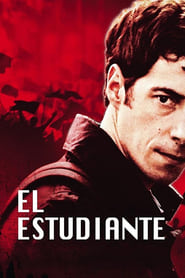 Roque starts University in Buenos Aires...
Roque starts University in Buenos Aires...The Student 2011
Roque starts University in Buenos Aires but he is not particularly interested in attending classes or working towards a degree. Instead, he dedicates his time to one of the many groups vying for control of the university, motivated less by grand political ideals than by a wish to get close to Paula, an attractive young teacher heavily involved in internal university politics.
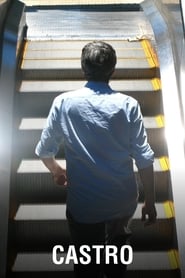 Four characters are looking for a...
Four characters are looking for a...Castro 2009
Four characters are looking for a man called Castro, but we don't know why. For some mysterious reason, Castro is running. He has left his life behind, and survives by hiding in a room in a small city. He is basically alone, but someone has appeared in his life, Celia. She is young, beautiful, and sometimes cruel.
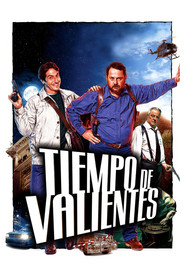 Mariano is a psychologist who must...
Mariano is a psychologist who must...On Probation 2005
Mariano is a psychologist who must fulfill community service after losing a lawsuit by a traffic accident. He is forced to provide therapeutic support to Alfredo, a policeman depressed over his wife cheating on him. Mariano is then accidentally involved in a double homicide investigation being conducted by Alfredo.
 Chile early 20th century Jos Menndez...
Chile early 20th century Jos Menndez... Blanca an 18yearold foster home resident...
Blanca an 18yearold foster home resident...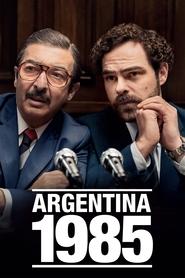 In the 1980s a team of...
In the 1980s a team of...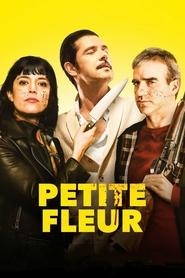 Drinking dancing and killing me Its...
Drinking dancing and killing me Its...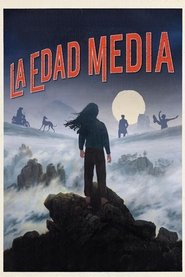 A comedy during confinement Probably so...
A comedy during confinement Probably so... The story of Julin Lamar an...
The story of Julin Lamar an...